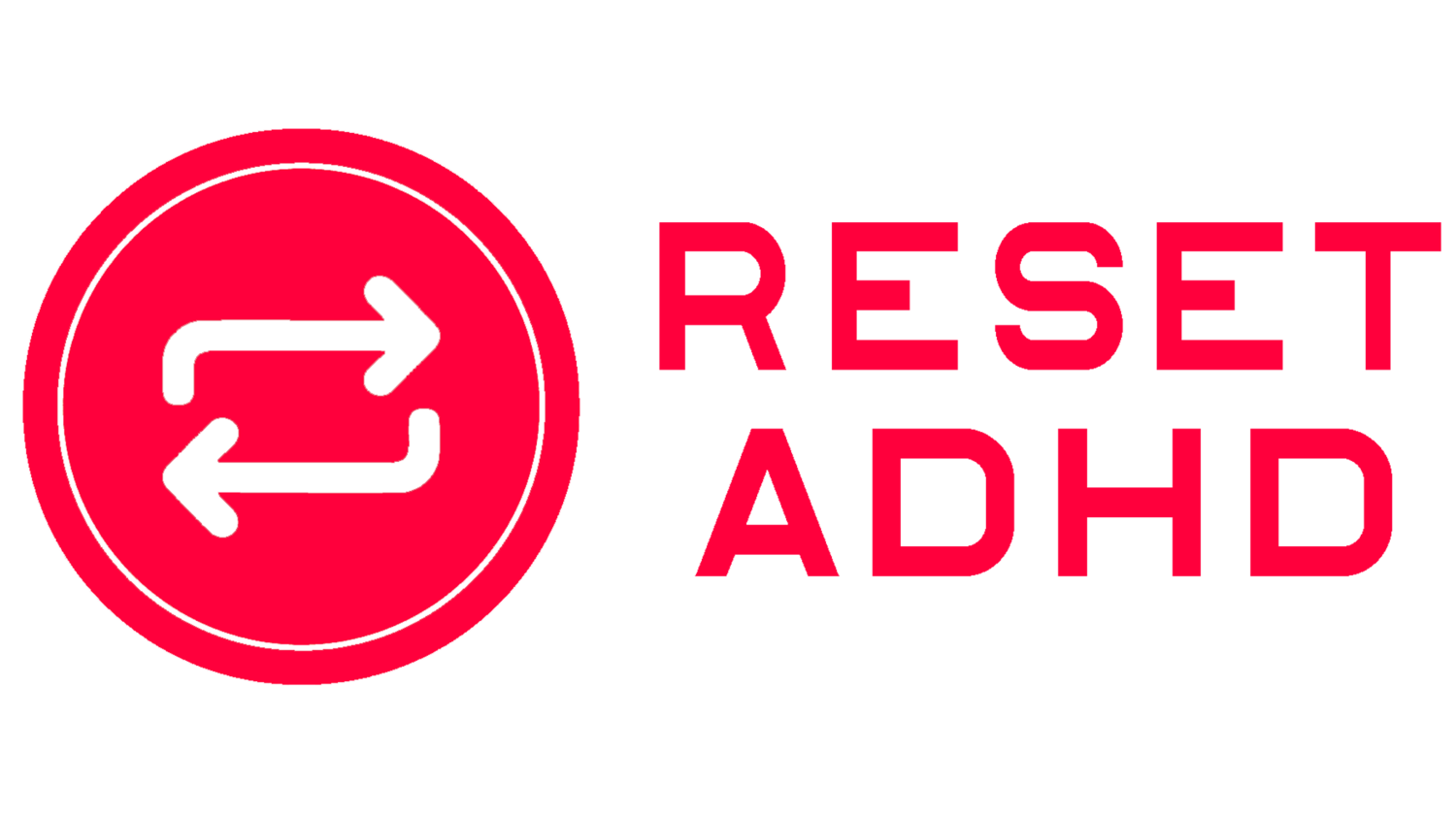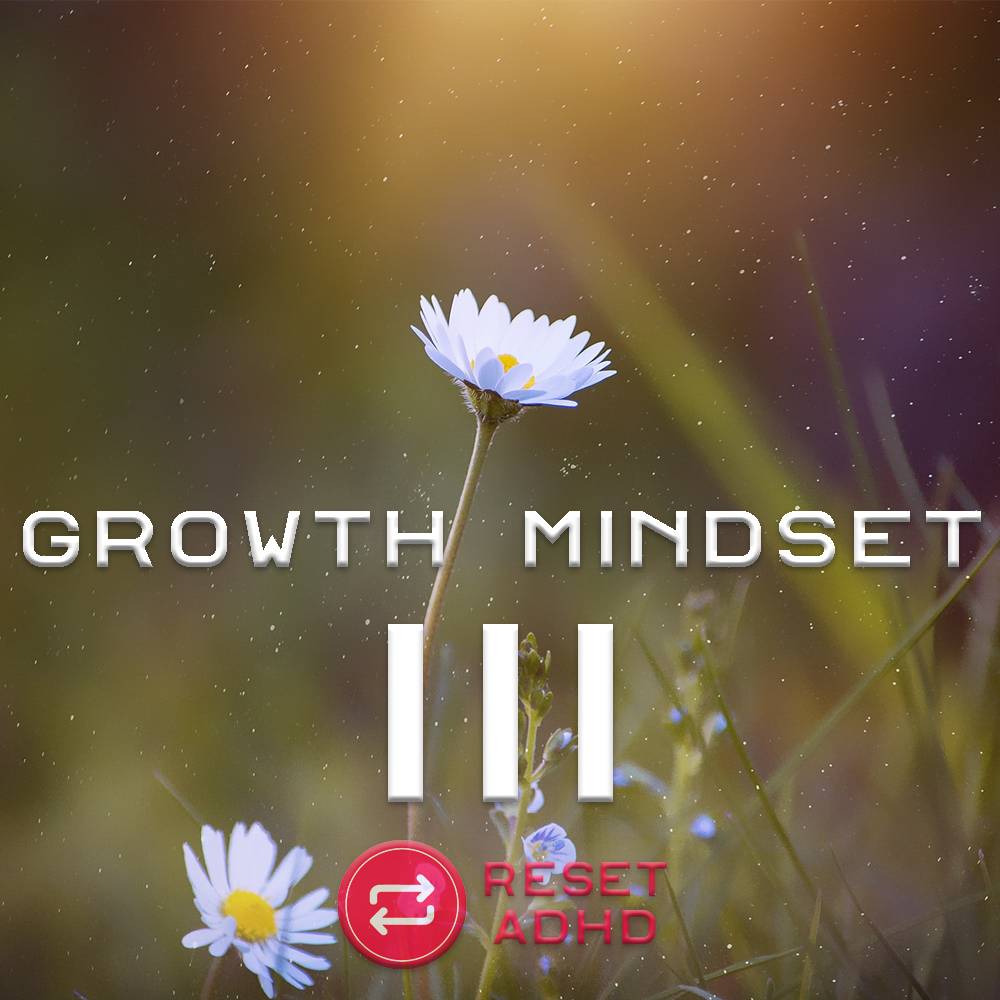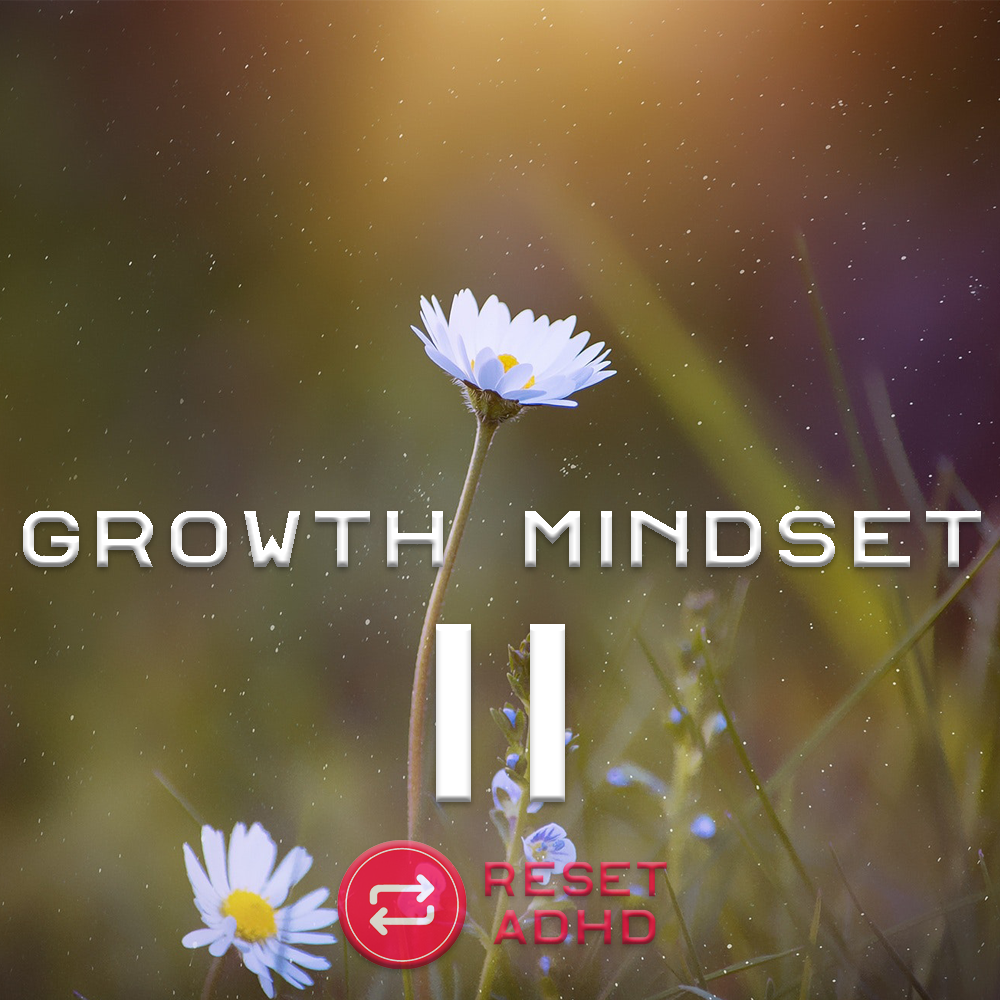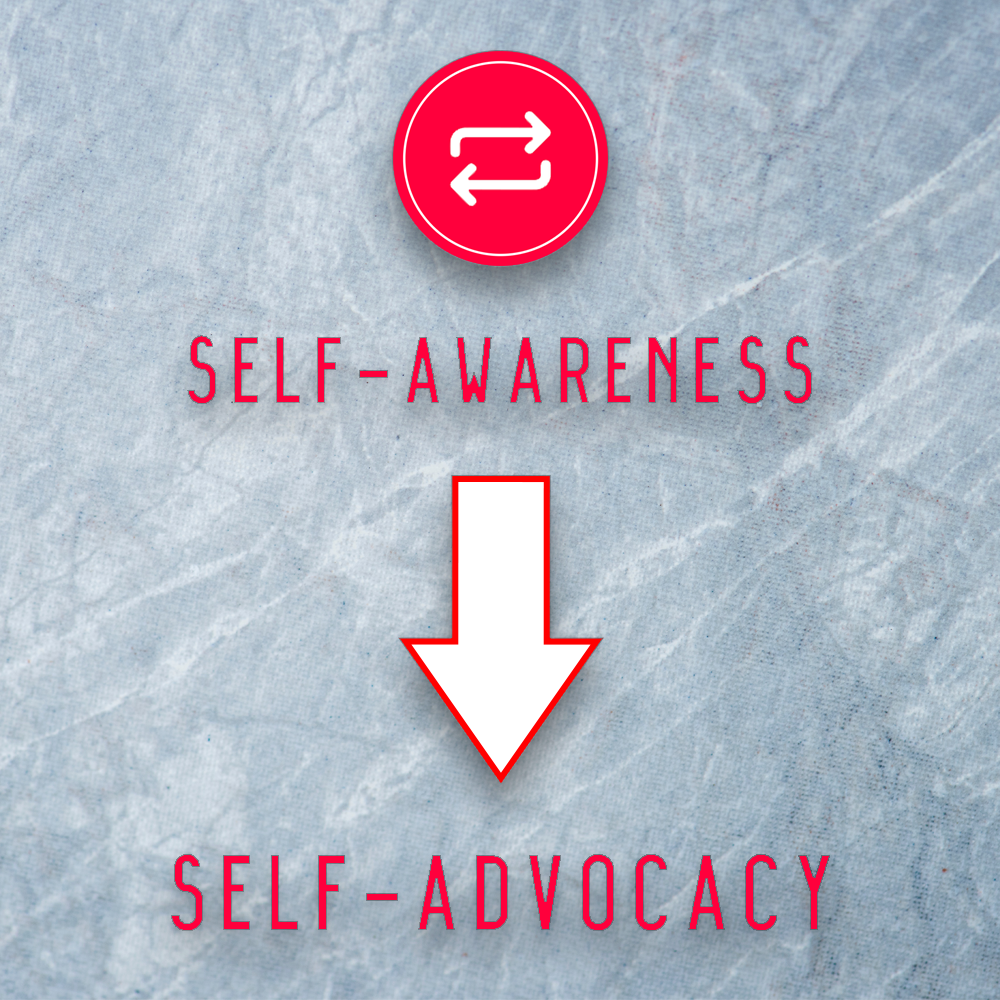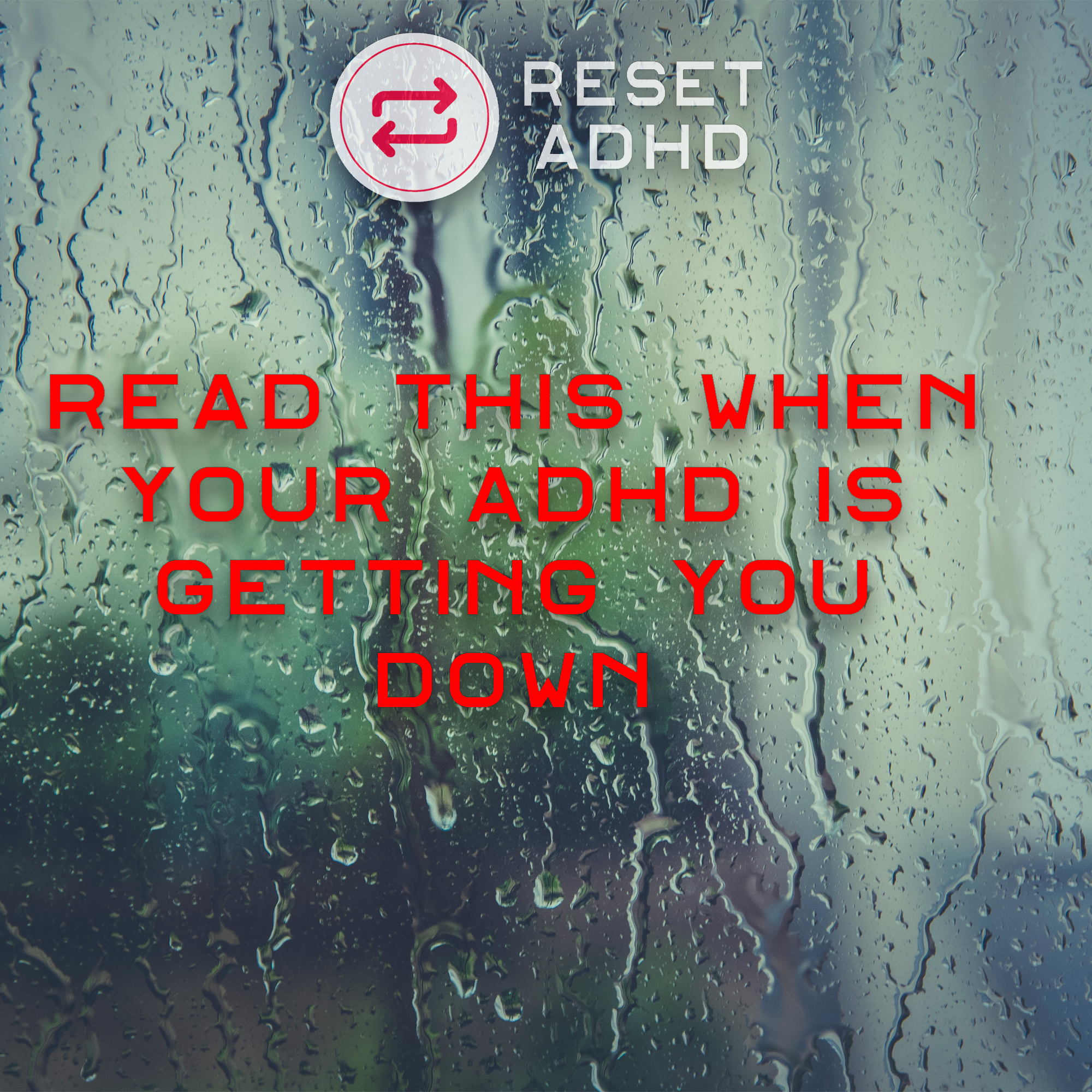blog
- Accountability 3
- Advice 198
- BOREDOM BUSTER 2
- Books 12
- Calendar 2
- Careers 4
- Coaching 22
- Comorbid Conditions 5
- Crime 5
- Diet 2
- Emotional Regulation 6
- Encouragement 71
- Exercise 11
- Fun 29
- Getting Unstuck 81
- Giveaways 1
- Humor 12
- Impulsivity 10
- Information 128
- Inspiration 107
- Medication 7
- Memory 9
- Money 1
- Movies 7
- Music 3
- Musicals 2
- Personality 21
- Perspective 40
- Positivity 84
- Prayer 5
- Productivity 88
- Rants 41
- Relationships 14
- Reviews 4
- Schedule 3
- School 9
- Self-Care 7
- Sleep 13
- Social 5
- Spirituality 7
- Sports 1
- Stereotypes 2
- Stories 30
- Strategies 97
- Strengths 11
- TV Shows 4
- Tech 1
- The Weekly Reset 216
- Time Management 8
- Tips 149
Growth Mindset Part 4: The Learning Zone
Part IV covers “The Learning Zone.” All those who are excellent performers in their field have spent and consistently spend plenty of time in the learning zone. Those with a fixed mindset are always in the performance zone. They do not take time to learn and to grow. We need to spend time in both zones. Sadly, many of us neglect the learning zone.
Growth Mindset Part 3: Fostering a Growth Mindset
A fixed mindset is easy to spot, especially when you have become aware of it. To remind yourself of what it is like, review part one of this series. When you see the qualities, take notice of them. What effect does this mindset have? How does it affect you? How does it affect others? When you see it in action, remind yourself that you want to foster a growth mindset, not what you are observing. Be sure to take note of both when you are acting with a fixed mindset and when others are using it.
Growth Mindset Part 2: Benefits of a Growth Mindset
Growth mindset focus on learning, not results. If students focus on improving and learning, their grades will go up. The focus is on learning the information, not simply doing well enough to get the grade that will make their teachers and parents happy. The improvement in academic performance is especially useful in subjects, like math, that build on previous material. Instead of struggling as more and more as topics build on previous topics and having to go back and relearn some material, the student will be ready for the next subject, having already mastered the previous topics.
Growth Mindset Part 1: What Is a Growth Mindset?
At the 2018 International Conference on ADHD, one of the keynote speakers (Eduardo Briceño) gave a presentation on growth mindsets. I was blown away by this talk and was inspired to write a four-part series of blog posts on the subject. This first post is simply defining what a growth mindset is.
The Stories We Tell Ourselves
We all have stories about our lives. There are good stories and bad stories. But, what determines whether or not a story is good or bad? We do. We have the choice to make a story good or bad. The stories in our past that we view as negative, perhaps, just need to be seen in a different light.
The ADHD Brain's Need to Have Fun
ADHDers are often told to work harder. Yes, it is important to have a strong work ethic, but it is also important to play hard as well. My grandfather once advised me, "Alex, whatever you want to do in life, work hard to get there, but also, take the time along the way to play hard, as well." This is a lesson I have never forgotten. Years later, I heard something similar while studying ADHD. The ADHD mind needs time every day for some unstructured fun. Play, which Dr. Edward Hallowell defines as "any activity in which your brain lights up and you get imaginatively involved," is not only necessary, but also can help one be more productive and learn more about oneself.
Self-Awareness Leads to Self-Advocacy
Knowledge is power, and it is even more powerful when it is self-knowledge. One of the best things you can do to manage ADHD and improve your life is to know yourself better. Self-exploration is something everyone should do, regardless of whether they have ADHD or not. When you know yourself and your needs, you are better able to articulate what you need from others. This takes time, but it is well worth it.
The Importance of a Strengths-Based Approach to Managing ADHD
Reset ADHD advocates a strengths-based approach to managing the symptoms of ADHD. This method relies on what the ADHDer does well, as opposed to those areas of struggle. This approach has more promise than one that tries to fix those areas where an ADHDer struggles. Instead of focusing on our weaknesses, those of us with ADHD should focus on our strengths. Yes, ADHD will cause us challenges, and we need strategies to overcome those challenges. But, relying on a skill in which we are not proficient to overcome a challenge is not a recipe for success. Using your strengths can build up confidence and can help you overcome challenges created by your weaknesses.
Improve Your ADHD Brain's Focus While Praying
One common tip given in ADHD books for maintaining a healthy lifestyle when one has ADHD is "spirituality." For many, this politically correct term means praying. However, the symptoms of ADHD can make one wonder: Is it even possible to pray when you have ADHD?
The Positive Side of Pain
One of the things that will inevitably occur when learning to manage one's ADHD is encountering pain. The ADHD brain is not a neurotypical brain, and the world was made for neurotypical brains. This leads to the struggles ADHDers face on a daily basis.
